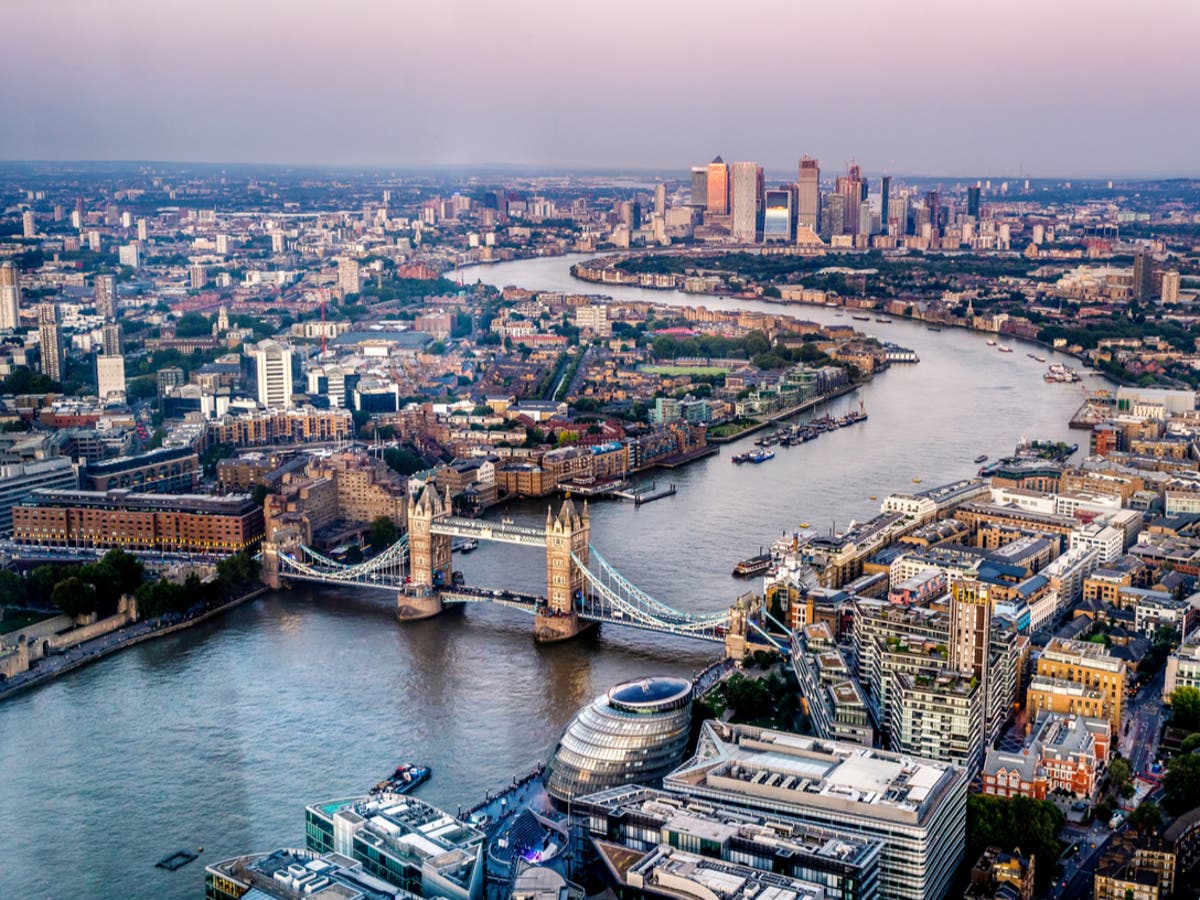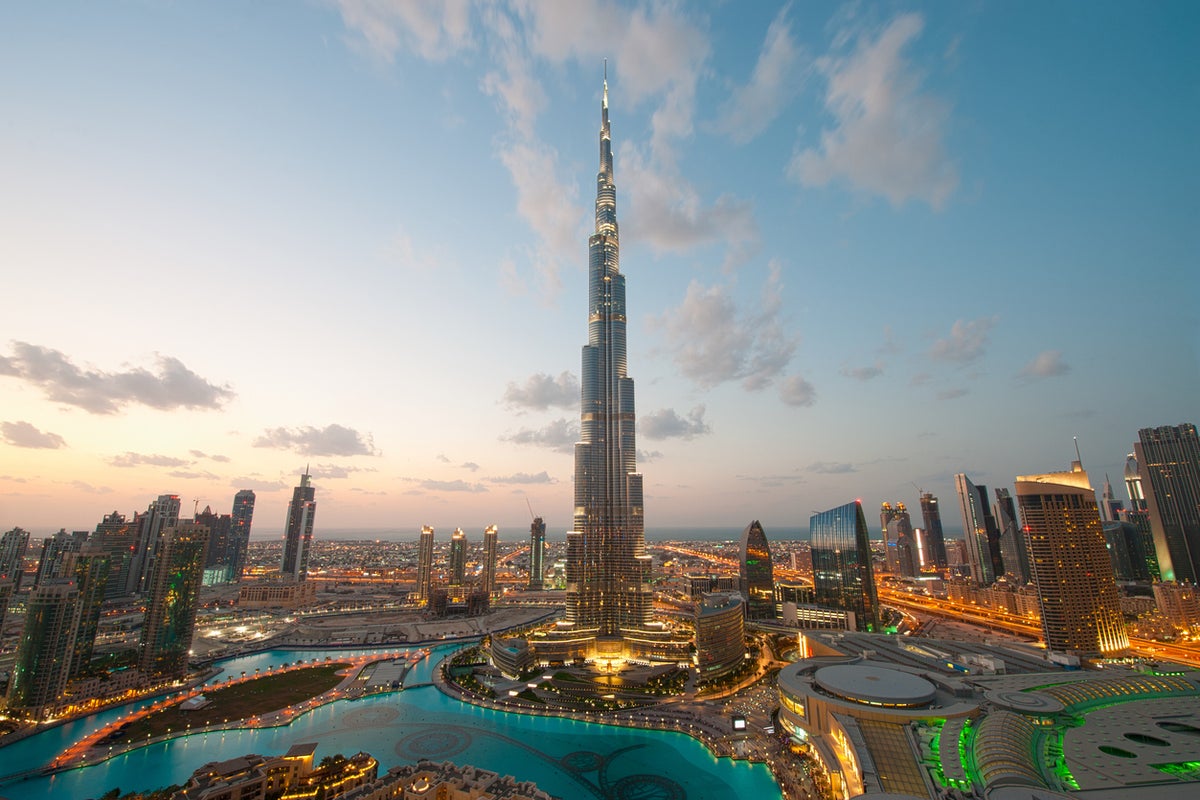Goodbye Malakat Mall: Vendors & shoppers share thoughts on Cyberjaya’s closing “ghost mall”
We visited Malakat Mall located in Cyberjaya ahead of its closure to interview its vendors and shoppers about the impact of the news on them.

Who would’ve thought a mall could be haunting? Not in a spooky, supernatural way, but in a heart-wrenching, what-could-have-been kind of way.
That’s the story of Malakat Mall. A place that wanted to empower Muslim entrepreneurs, but instead became a “ghost mall”, as dubbed by Business Insider.
The mall located in Cyberjaya has been making headlines for its imminent closure on July 31 after a four-year run. Curious about that, the Vulcan Post team decided to visit the mall last Sunday (July 21, 2024) for one last time.
We were expecting to walk into empty corridors, deserted shops, the whole “ghost mall” thing. Instead, the mall was unexpectedly bustling due to its closing down sale. Discounts of up to 70% and the viral news attracted a huge crowd of last-minute shoppers and curious visitors.
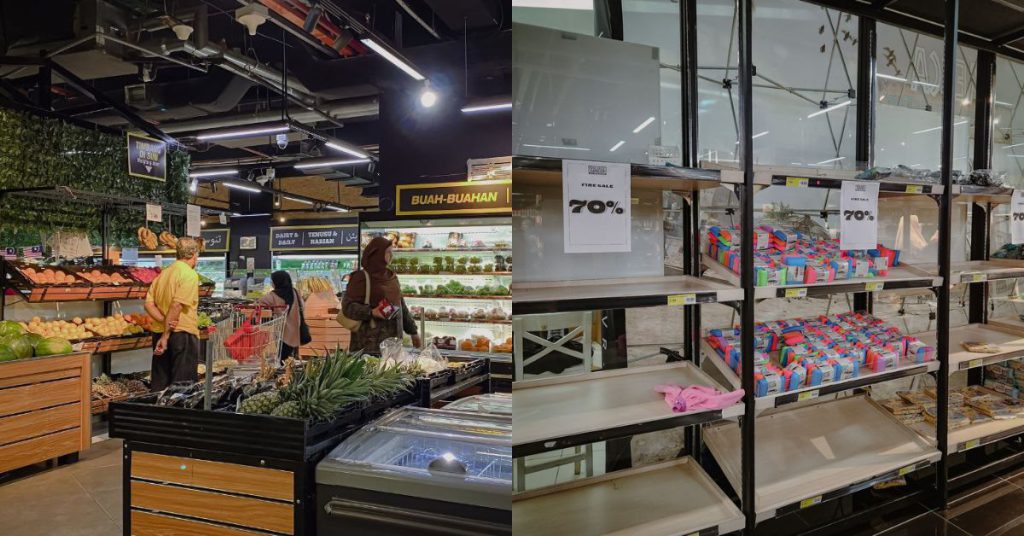 Image Credit: Vulcan Post
Image Credit: Vulcan PostAs we explored the mall, we chatted with both vendors and customers. Their stories painted a picture of a place with potential but ultimately plagued by challenges.
Vendors’ reflections
We chatted with Hasrul, 20, a bubble tea guy at Tea Amo who’s been working there since day one. His eyes held a mix of resignation and disbelief when he told us that the notice of closure came just a few days before we visited.
Hasrul noted that the mall earned its “ghost mall” moniker due to its lack of promotion and visibility, resulting in fewer customers over time.
“It’s kinda sad because I’ve been working here since the start.”
“The mall could have done its marketing better. Many people didn’t know about this place before it went viral as the ‘ghost mall’,” he said.
 Hasrul and his team at Tea Amo, putting on smiles despite the sad news / Image Credit: Vulcan Post
Hasrul and his team at Tea Amo, putting on smiles despite the sad news / Image Credit: Vulcan PostThe sudden influx of people crowding the mall on the day of our visit was unusual, said Hasrul. It was probably driven by curiosity and the allure of closing down discounts.
When asked what’s next for the business, Hasrul said that they will be relocating to outside of the mall.
On the other hand, Hasrina, 28, a worker at the Brainy Bunch (BB) International Islamic Montessori store revealed practical concerns about the closure.
 Hasrina speaking to us / Image Credit: Vulcan Post
Hasrina speaking to us / Image Credit: Vulcan Post“The boss of Malakat Mall for me, I think has forked out a lot of capital. But then, not many visitors come to the shops,” she said.
Having been in the mall for over a year, the store would now relocate to BB headquarters, making it more convenient for parents who frequented the shop.
“Most people came here for the grocer. Today’s crowd is the most I’ve seen,” she said, indicating how rare a busy day was at Malakat Mall.
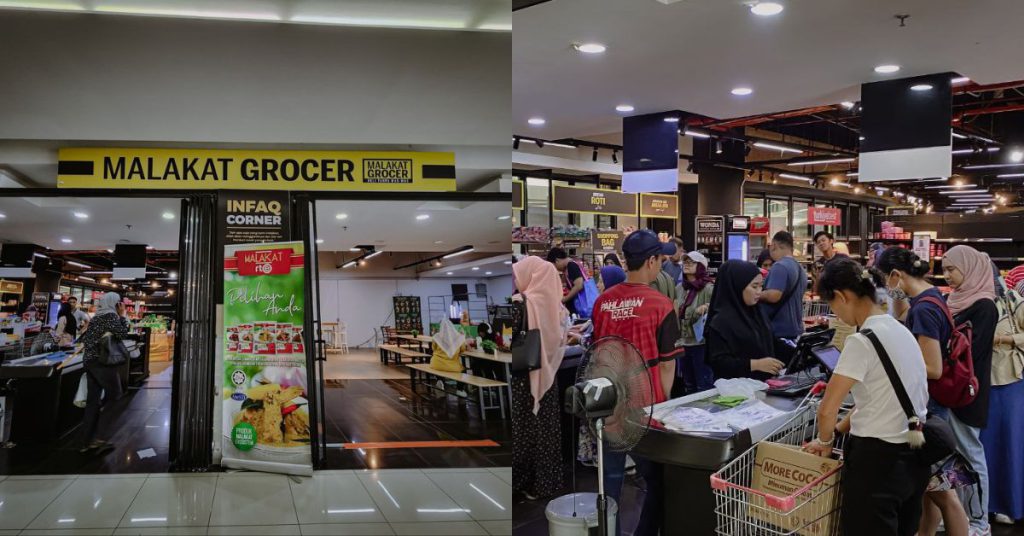 Image Credit: Vulcan Post
Image Credit: Vulcan PostThese shops were just two of the many shops owned by the founder of Malakat Mall himself, Fadzil Hashim.
As I talked to these vendors, I couldn’t shake the feeling of missed opportunities. The concept of a mall catering to the Muslim market wasn’t flawed; in fact, it was quite visionary.
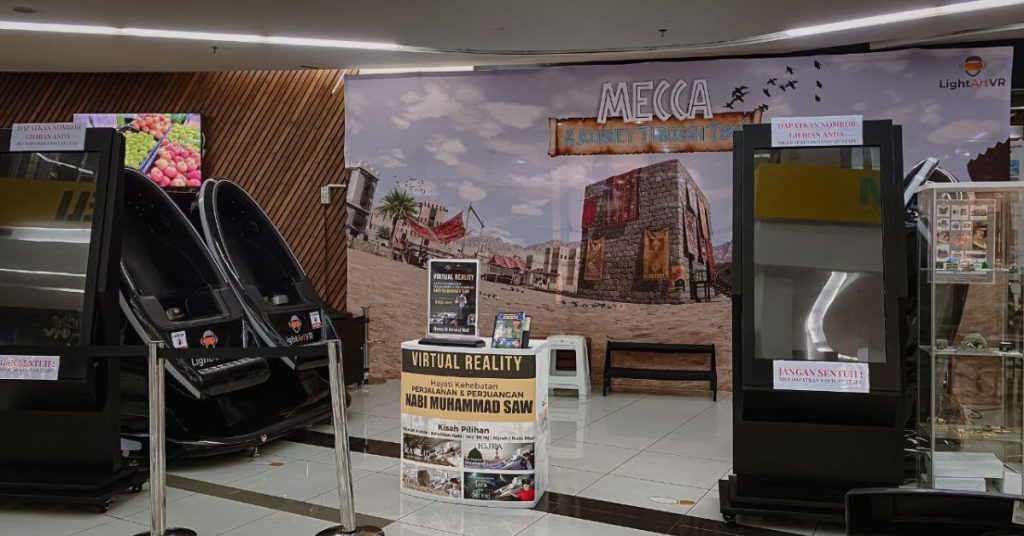 After the mall opened, lines built up for this Islamic Virtual Reality that takes users to “see” Mecca / Image Credit: Vulcan Post
After the mall opened, lines built up for this Islamic Virtual Reality that takes users to “see” Mecca / Image Credit: Vulcan PostMalaysia, with its predominantly Muslim population, presented a lucrative market. But the execution, it seemed, fell short.
Shoppers’ sentiments
Speaking to Vulcan Post, first-time visitor Anis Radzi, 27, came with her child, driven by curiosity about the Islamic-themed mall she had heard about for a long time.
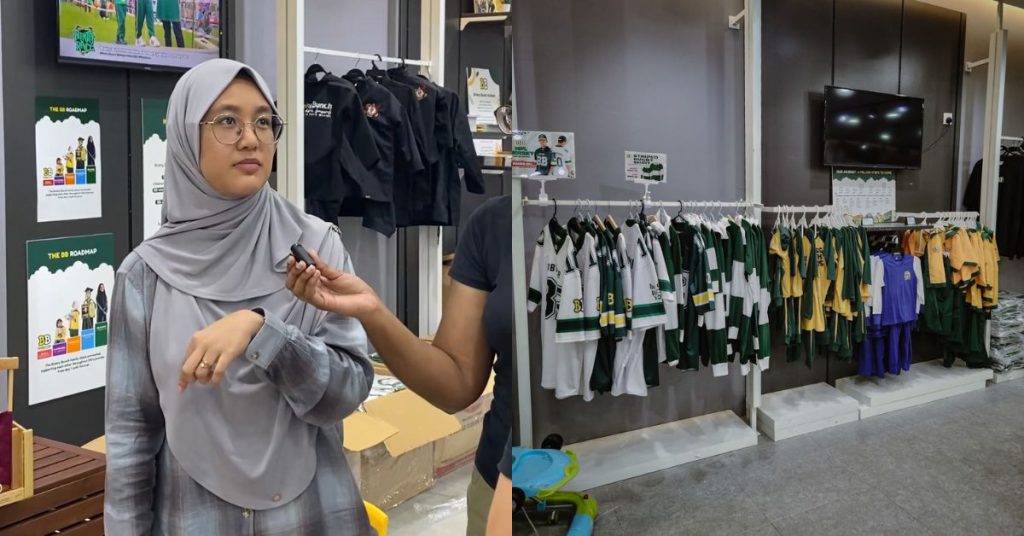 Anis had been curious about the mall for a while, but only found time to visit that day for the first time / Image Credit: Vulcan Post
Anis had been curious about the mall for a while, but only found time to visit that day for the first time / Image Credit: Vulcan PostThe news of the closure had finally prompted her visit, but she felt a sense of loss, recognising the uniqueness of Malakat Mall in supporting Malay and Muslim entrepreneurs.
“This is my first time visiting because we wanted to know what this Islamic mall is like. It’s sad because there aren’t many malls like this,” she said.
Hanizam, 49, who is a member under KoPPIM (Koperasi Pembangunan Pengguna Islam Malaysia) and came all the way from Sri Kembangan reflected, “We’ve been coming here for years. It’s a shame to see it closing.”
 Hanizam and his family were shopping at the mall’s resident pharmacy / Image Credit: Vulcan Post
Hanizam and his family were shopping at the mall’s resident pharmacy / Image Credit: Vulcan Post“Even before the closure, we used to come here last year. Shopping here. Lately, NSK has been opened in our area so we go there now because it’s a little closer to home.”
His words echoed the sentiment of many shoppers I spoke to. Convenience and price often trumped loyalty.
Dina, 27, who is a frequent visitor to the mall also expressed her disappointment. Coming from Putrajaya, she visited the mall often to hang out and occasionally buy things.
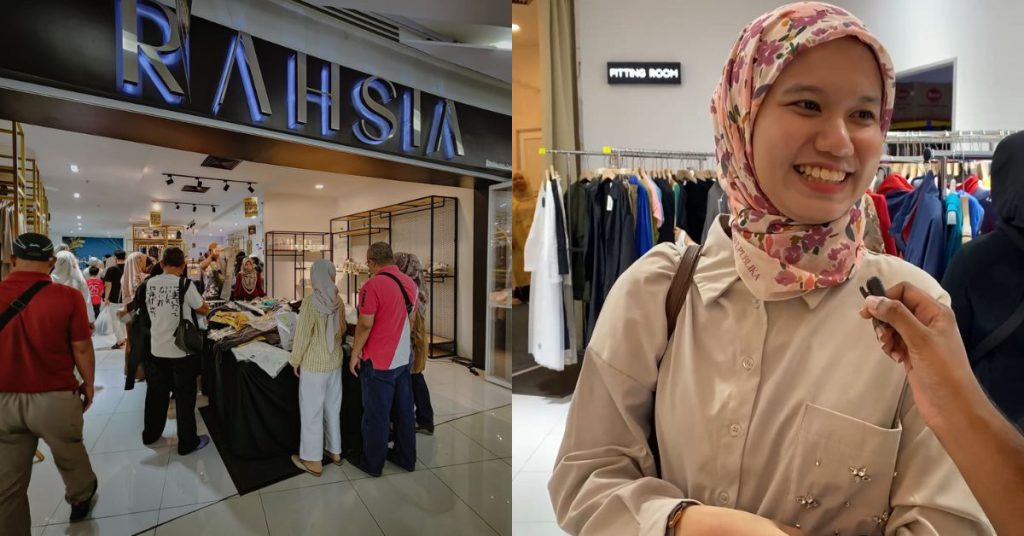 We met Dina in this clothing store, which was buzzing with activity / Image Credit: Vulcan Post
We met Dina in this clothing store, which was buzzing with activity / Image Credit: Vulcan PostThe announcement of the closure surprised her, especially since the mall was now bustling with a crowd that was typically absent.
“It’s a good place to chill and eat with family, but for shopping, not so much,” she shared. That was because the prices were two or three times higher and limited vendors made it less appealing for regular shopping, she added.
Muhammad Syakir Zufayri, 18, a student who frequented the mall for study groups, pointed out, “There aren’t many places like this to study without the noise.”
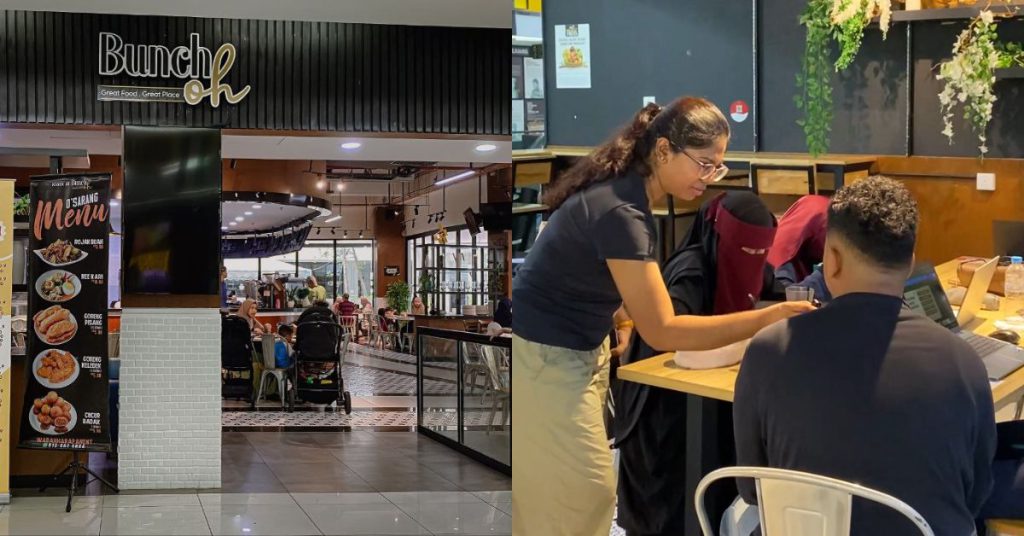 Syakir was studying with his friends in this restaurant / Image Credit: Vulcan Post
Syakir was studying with his friends in this restaurant / Image Credit: Vulcan PostHe lamented the lack of similar malls with quiet and conducive spaces for studying, highlighting the niche Malakat Mall filled for students like him.
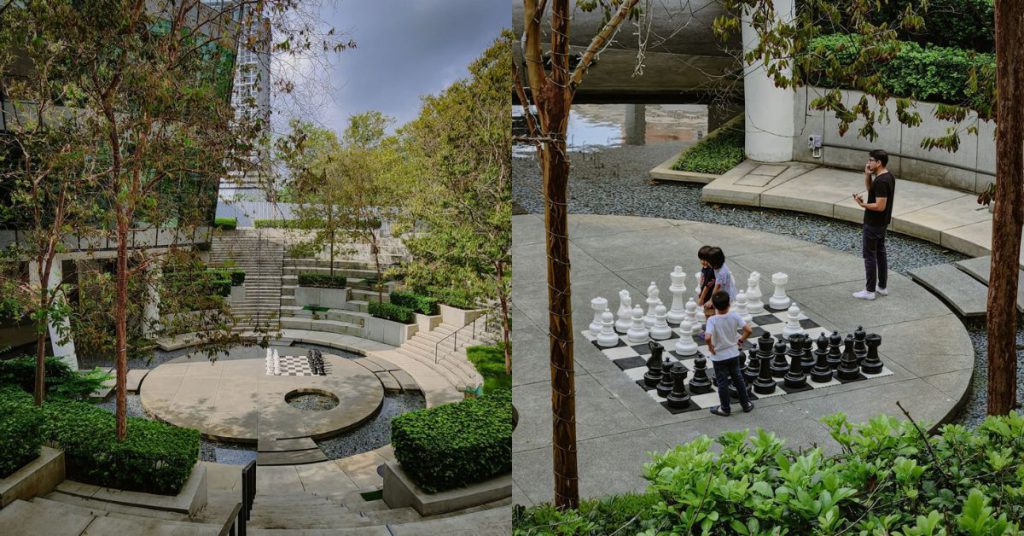 Image Credit: Vulcan Post
Image Credit: Vulcan PostThe bigger picture
Malakat Mall first caught widespread attention in late 2022, thanks to a viral TikTok video highlighting its eerily empty state.
Despite generating revenues of RM17 million to RM25 million in its first two years of opening, sustainability remained a challenge, according to Malay Mail.
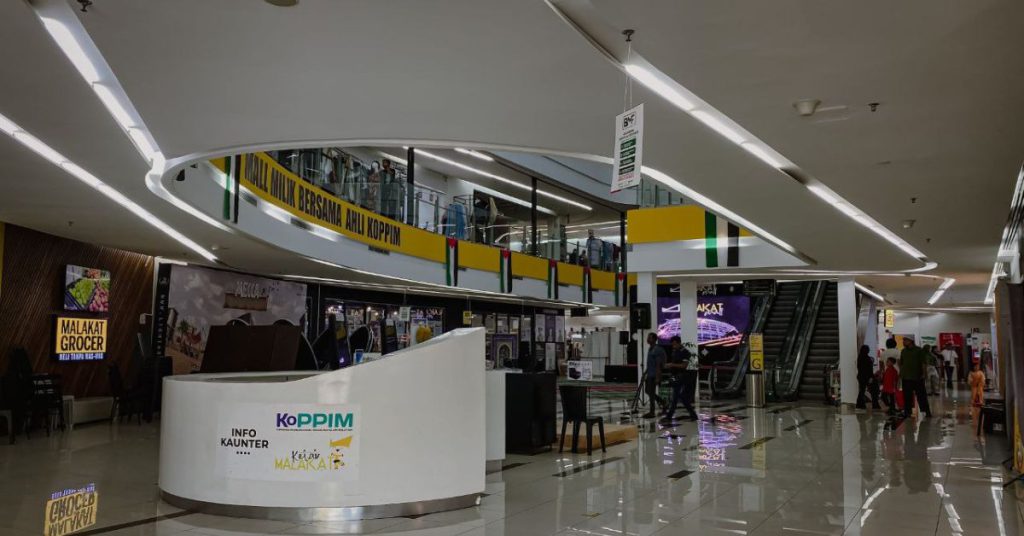 Image Credit: Vulcan Post
Image Credit: Vulcan PostFadzil, in a Facebook announcement, cited the forced closure during the 2020 Movement Control Order (MCO) as a major setback. The challenges persisted even after the pandemic.
The mall’s closure has sparked debates online about the sustainability of businesses built on religious or racial sentiment.
The “Buy Muslim First (BMF)” campaign, heavily promoted by Malakat Mall, encouraged consumers to prioritise Muslim-owned businesses but also drew criticism for its perceived exclusivity.
Many are now questioning whether this focus ultimately contributed to the mall’s downfall.
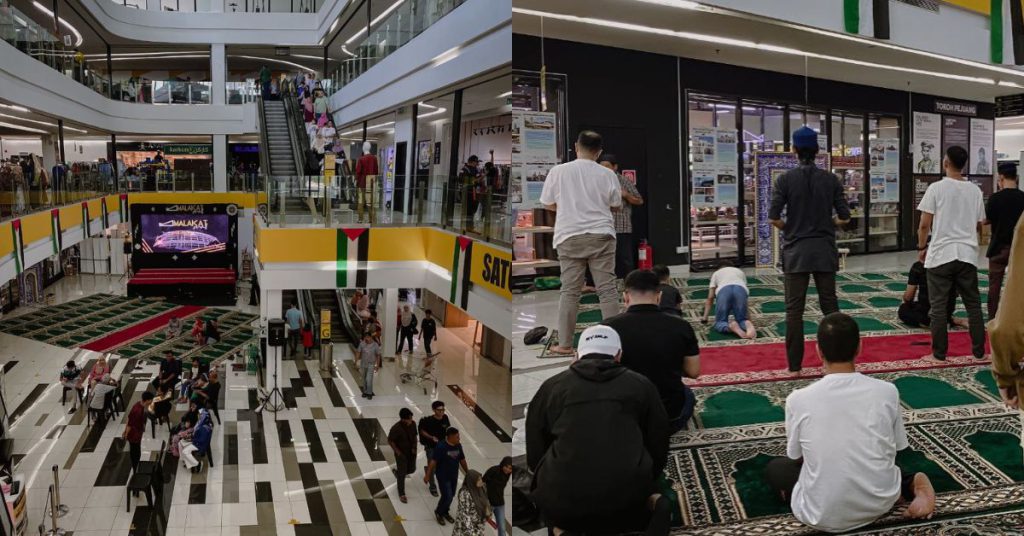 Muslim prayer area in the middle of the mall / Image Credit: Vulcan Post
Muslim prayer area in the middle of the mall / Image Credit: Vulcan PostMalakat Mall isn’t the only venture of its kind to face such issues. Mara Digital Mall and MyKampung Freshmart, both with similar community-focused missions, also struggled to stay afloat.
Despite significant investments and good intentions, they couldn’t overcome the harsh realities of the retail market. It’s a tough pill to swallow.
Moving forward
Malakat Mall plans to scale down its operations, moving its food and beverage business into the Casa DeMadani building in Cyberjaya and transforming it into a restaurant. It will be rebranded as “RumahMakan” catering to the residents in that area with a selection of local and international dishes.
This shift highlights a potential path forward—focusing on niche offerings and community engagement.
Fadzil also said that retail operations will transition entirely to an online platform, offering a range of products including clothing, accessories, and books.
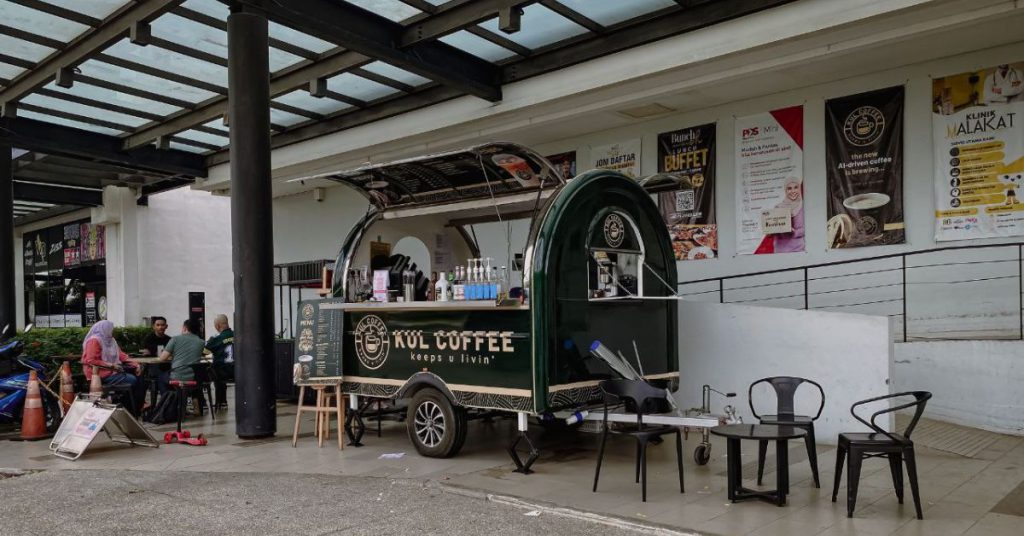 Image Credit: Vulcan Post
Image Credit: Vulcan PostThis adaptation acknowledges the growing preference for online shopping, but the success of this shift hinges on effective marketing and a streamlined user experience.
Not only that, Malakat Grocer, the mall’s grocery store, will maintain its physical presence only at Taman Kosas, Ampang. It’s definitely a new chapter for the brand, but the closing of a chapter for the mall.
One thing is for sure, practicalities like location, marketing, and adaptability in a fiercely competitive retail environment are crucial. And sometimes, even with all that, things just don’t work out.
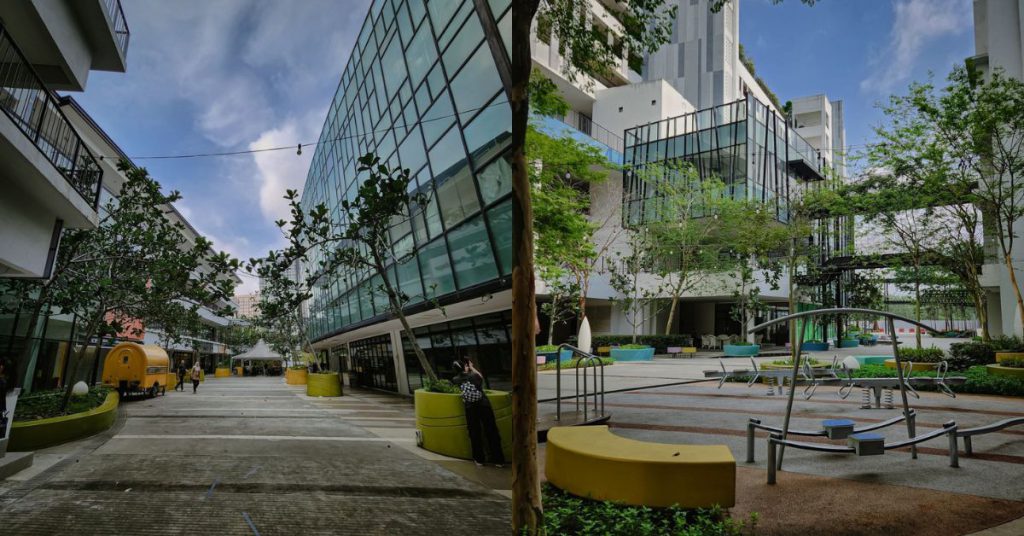 Image Credit: Vulcan Post
Image Credit: Vulcan PostAs I stepped out of Malakat Mall for the last time, a sense of melancholy washed over me. It was the end of an experiment, an attempt to carve a niche in the Malaysian retail landscape, that didn’t work out.
On the bright side, Malakat Mall has sparked interesting discussions about what it takes to build a successful mall, and hopefully, future mall developers and owners can learn something from this.
Learn more about Malakat Mall here. Read other articles we’ve written about Malaysian startups here.Featured Image Credit: Vulcan Post

 Kass
Kass 









